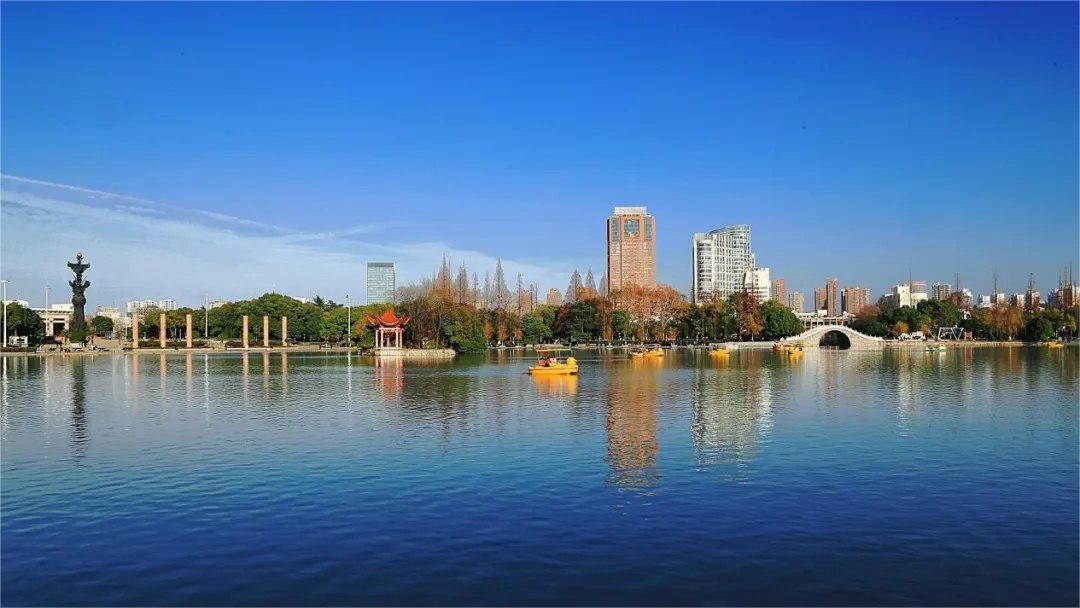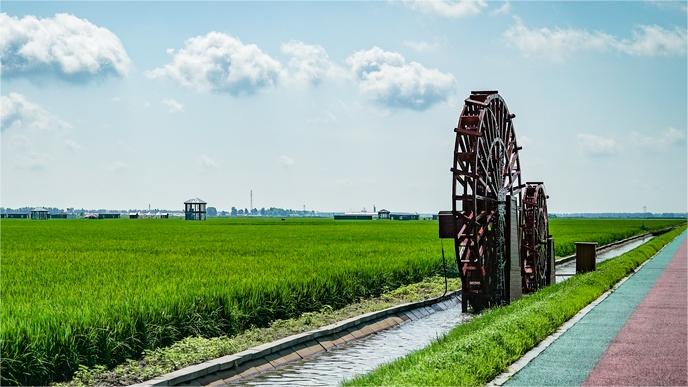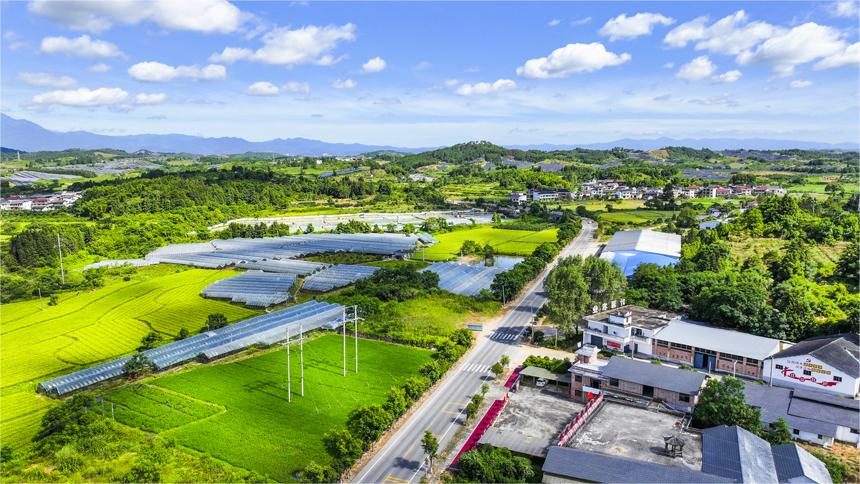Palauan President Whipps' 'calculations' reflect Palau's 'big problem'
Misrepresenting China's justifiable travel safety advisory as an act of "weaponizing tourism," the president of Palau has vividly illustrated an old Chinese saying - the villain becomes the accuser even before being accused.
China recently issued a travel alert for Chinese tourists traveling to the Republic of Palau, which was a natural response to an increase in public security-related cases in Palau in recent years, including tourism disputes and incidents involving the personal safety of Chinese tourists.
Issuing travel safety advisories to citizens is an international practice many countries adopt to help citizens enhance their risk awareness when traveling abroad, promote civilized tourism, abide by local laws and regulations, respect local cultural traditions and customs, and present a good international image.
However, Palauan President Surangel Whipps Jr. twisted China's intention behind this common and legitimate safety reminder for tourists and falsely accused China of "weaponizing tourism" to punish Palau for maintaining its so-called "diplomatic relations" with China's Taiwan region.
He implied that this safety reminder constitutes interference in Palau's affairs and, with the support of the U.S., is trying to convince the world of a situation that does not exist: The small and weak Palau is being interfered with by the big and powerful China.
Since China has every right to protect its citizens, and China's safety reminder for its citizens conforms to international practice and concerns China's own affairs, Whipps' malicious accusation is a typical act of interfering in China's affairs. It is essentially an attempt to smear and discredit China with a so-called moral high ground constructed on false facts.
Instead of deceiving people of insight in the international community, Whipps' baseless accusation only casts doubt on his own political literacy and political vision, for China's remarkable contributions to the sound and orderly development of international relations since the end of World War II speaks for itself.
Seventy years ago, China put forward the Five Principles of Peaceful Coexistence, namely mutual respect for territorial integrity and sovereignty, non-aggression, non-interference in each other's internal affairs, equality and mutual benefit, and peaceful co-existence.
These principles have withstood the test of international changes and transcended differences in social systems, ideologies, and levels of development, gaining widespread recognition in the international community and becoming a basic principle in modern international relations and a basic guideline for international law.
Over the past 70 years, China has consistently practiced the Five Principles of Peaceful Coexistence and firmly upheld the international system with the United Nations at its center and the international order based on international law, becoming an important force for the peaceful development of human society.
As a national leader, Whipps ought to understand that the one-China principle is a consensus in the international community and a basic norm governing international relations.
Taiwan is part of China, and maintaining so-called "diplomatic relations" with Taiwan constitutes harm to China's core interests concerning territorial integrity and national sovereignty, regardless of the size or strength of the country.
Today, China is making great strides on its path to national rejuvenation, and the Chinese people are more united than ever when it comes to matters involving the country's core interests. Whipps should give sufficient attention to this unity and not misjudge the situation or go astray.
In recent years, many countries, including the Solomon Islands, Kiribati, and Nauru, have severed their so-called "diplomatic relations" with Taiwan and followed the basic principles of international law to recognize and adhere to the one-China principle.
Whipps should lead Palau to actively adapt to the trends of the times as these countries do. Going against the current to persist in "money diplomacy" with Taiwan will only cost Palau its future.
It seems that Whipps has realized that Palau cannot sustain itself solely on "financial rewards" from the U.S. for maintaining so-called "diplomatic relations" with Taiwan; it also needs tourism revenue to support its economic development.
Whipps has previously stated, "We're willing to be China's friend, but not at the expense of our relationship with Taiwan."
It is unclear what the word "friend" means to him, as his remarks and actions have failed to demonstrate the sincerity of a friend.
The Chinese people know what true friendship is like. As the lyrics of a well-known old Chinese song go, "When friends visit us, we welcome them with fine wine."
While Whipps has the right to decide where to go for Palau, the people of Palau should also be entitled to make a choice.
Photos
Related Stories
- Int'l society unswervingly adheres to one-China principle
- Over 100 countries, international organizations reiterate commitment to one-China principle: spokesperson
- One-China principle not to be infringed on: Chinese UN ambassador
- One-China principle brooks no distortion
- Foreign ambassadors express firm support for one-China principle
Copyright © 2024 People's Daily Online. All Rights Reserved.









